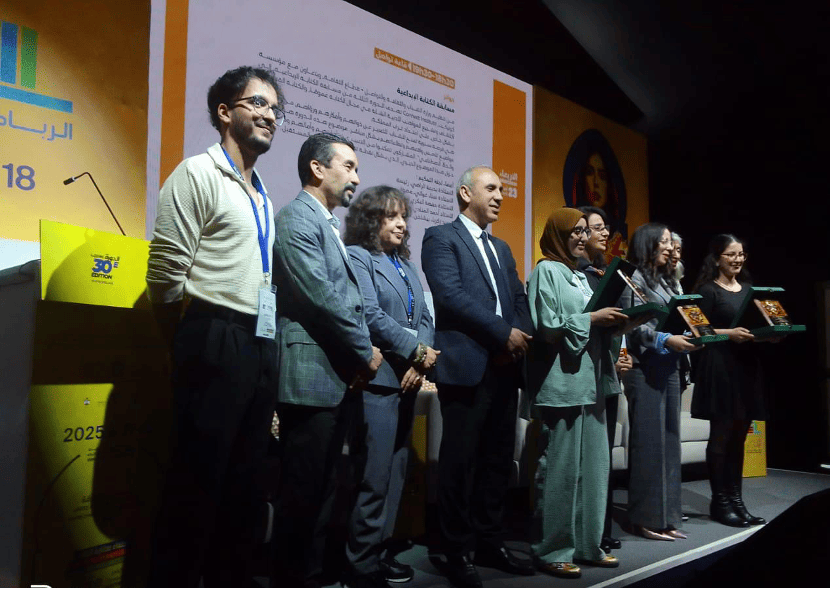
The Ministry of Youth, Culture and Communication Hosts the 3rd Edition of the Creative Writing Competition in Collaboration with Connect Foundation

The Ministry of Youth, Culture and Communication Hosts the 3rd Edition of the Creative Writing Competition in Collaboration with Connect Foundation

The Ministry of Youth, Culture and Communication Hosts the 3rd Edition of the Creative Writing Competition in Collaboration with Connect Foundation
The Ministry of Youth, Culture and Communication, in collaboration with the Connect Foundation, organized the third edition of the Creative Writing Competition, a national initiative aimed at encouraging youth to express themselves through storytelling. This edition focused on the intersection of creativity and artificial intelligence, sparking fresh conversations on originality in the digital age.
This competition serves as a platform for young people to reconnect with the power of writing. It reflects a national effort to nurture creative expression across different languages, including Arabic, French, English, and Amazigh.
Professor Badiâa Radi, President of the Jury, highlighted in her report that the Ministry carefully selected a diverse and experienced jury panel. The central theme was artificial intelligence, and one of the key concerns raised was the growing reliance on AI tools in creative writing. “We found that texts generated with AI often resemble each other,” Radi stated. Yet, the jury was positively surprised by the talent and authenticity of many submissions: “The entries gave us hope,” she said.
Sanaa Ghouati emphasized transparency and integrity in the judging process. The jury conducted live interviews with participants to confirm their ability to write and speak in the languages they submitted.
Ahmed El Menadi reflected on the essence of creativity: “Writing and creativity have no fixed identity, they’re born with us. Despite the limited number of Amazigh submissions, the quality is improving, and youth must be encouraged to write about our rich Moroccan culture.”
This year’s competition honored several outstanding young writers across different languages. In the Arabic category, Fatima Darouich won with her compelling piece “Letters to Artificial Intelligence.” The English award went to Khawla El Ghazwani for her story “When the Algorithm Falls Silent.” In the French category, Ghaita Chafai received top honors. While the Amazigh category saw only one submission, the jury chose not to award a prize, emphasizing the need for more representation in that language.
This year’s competition was more than a literary contest—it was a mirror reflecting the values of authenticity, diversity, and critical engagement with technology. It also highlighted the importance of encouraging Amazigh and multilingual creativity among Moroccan youth. Moving forward, there is a collective responsibility to cultivate inclusive platforms that reflect the full richness of Morocco’s cultural identity.
